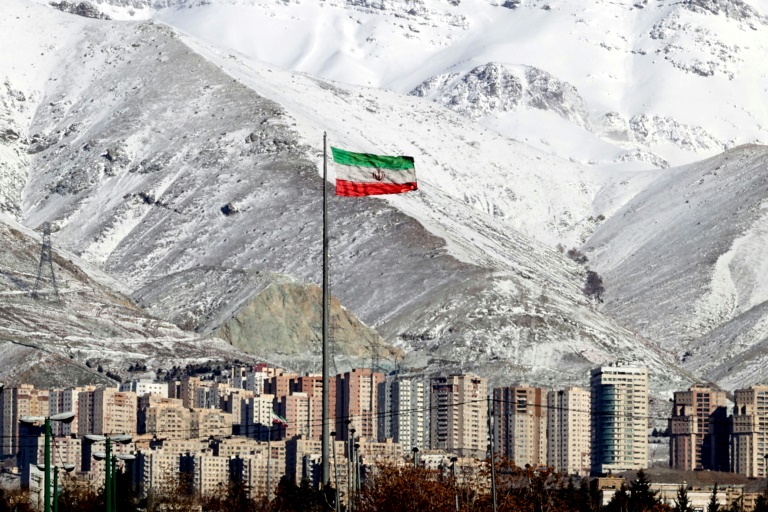Iran sentences to death two female gay rights activists

Activists frequently denounce Iran’s treatment of LGBTQ individuals
Paris – A court in Iran has sentenced to death two gay rights activists on charges of promoting homosexuality, campaigners said Monday, urging pressure from the international community to stop the implementation of the verdicts.
The two women, Zahra Sedighi Hamedani, 31, and Elham Chubdar, 24, were sentenced to death by the court in the northwestern town of Urmia, the Hengaw Kurdish rights organisation said.
They were convicted of “spreading corruption on earth” — a charge frequently imposed on defendants deemed to have broken the country’s sharia laws, it added.
They were informed of the sentence while in detention in the women’s wing of the Urmia jail.
In a short statement, the Iranian judiciary confirmed that the sentences had been issued.
Hengaw said that they had also been charged with promoting Christianity and communicating with media opposing the Iranian regime.
Another woman, named as Soheila Ashrafi, 52, from Urmia, has been arrested in the same case and is waiting to hear her verdict.
There has for months been concern about the fate of Sedighi Hamedani, also known as Sareh, a prominent Iranian LGBTQ activist.
She was arrested in October by Iranian security forces while trying to flee into neighbouring Turkey after returning to Iran from Iraqi Kurdistan, where she had been based.
Sedighi Hamedani was subsequently held in solitary confinement for almost two months.
– ‘Demand pressure’ –
Shadi Amin, a coordinator for the Germany-based Iranian LGBTQ rights group 6Rang, also confirmed the execution verdicts, which she said the group had been aware of since Thursday but could now disclose after receiving permission from the families.
“We now demand pressure from Germany and other foreign governments” on Iran for the release of the two women, she told AFP.
“This is the first time that a woman has been sentenced to death in Iran for her sexual orientation,” she added.
Amnesty International said in January the charges stemmed from her publicly defending gay rights on social media and appearing in a BBC documentary aired in May 2021 about the abuses LGBTQ people suffer in the Kurdistan Region of northern Iraq.
She had decided to leave Iraqi Kurdistan after being detained by the regional authorities. It appears she crossed into Iran again before trying to head for Turkey.
Hengaw said Sedighi Hamedani had been deprived of the right to a lawyer during her detention and agents had threatened her with her execution, insulted her appearance and warned her she could lose custody of her two children.
Activists frequently denounce Iran’s treatment of LGBTQ individuals.
Homosexuality is banned in Iran with its penal code explicitly criminalising same-sex sexual behaviour for both men and women.
Before leaving Iraqi Kurdistan, Sedighi Hamedani had sent 6Rang videos to be made public in case she failed to make it to safety.
“We, the LGBTI community, are suffering. Whether through death or freedom, we will remain true to ourselves,” she said in one of the videos.
“I hope to achieve freedom,” she added, also alleging that she had been tortured with methods including electrocution while in Iraqi Kurdish custody.
Activists accuse Iran of being in the throes of a major crackdown that is affecting all areas of society, including a new push against the Bahai religious minority, a surge in executions and arrests of foreign nationals.
